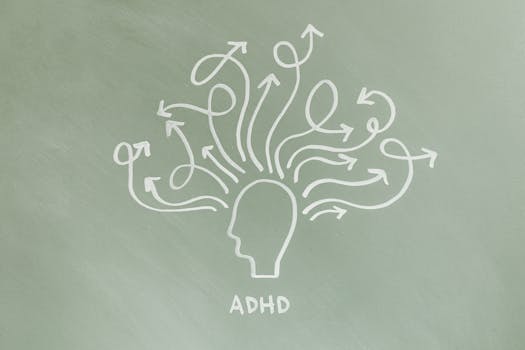
Understanding and Harnessing the Power of Cognitive Behavioral Therapy (CBT)
Cognitive Behavioral Therapy (CBT) is a widely researched and highly effective type of psychotherapy used to treat a broad range of mental health disorders. Unlike some therapies that focus solely on past experiences, CBT is present-focused, aiming to help individuals identify and change negative thought patterns and behaviors that contribute to their distress. This practical approach empowers individuals to take control of their mental wellbeing, equipping them with tools for long-term management of symptoms.
How Does CBT Work?
CBT operates on the principle that our thoughts, feelings, and behaviors are interconnected. Negative or unhelpful thoughts can lead to negative feelings and behaviors, perpetuating a cycle of distress. CBT helps break this cycle by focusing on three key areas:
- Identifying Negative Thoughts: The therapist works with the individual to identify automatic negative thoughts (ANTs) – those fleeting, often unconscious thoughts that pop into our minds throughout the day. These ANTs are often distorted or unrealistic, contributing to feelings of anxiety, depression, or other difficulties.
- Challenging Negative Thoughts: Once identified, these negative thoughts are challenged. The therapist helps the individual examine the evidence supporting and contradicting these thoughts. This process involves exploring alternative explanations for events and situations, fostering a more balanced and realistic perspective. Techniques like cognitive restructuring are employed to replace negative thoughts with more helpful and adaptive ones.
- Modifying Behaviors: CBT also focuses on changing maladaptive behaviors. This might involve behavioral experiments to test negative beliefs, gradual exposure to feared situations (for anxiety disorders), or developing coping mechanisms for difficult emotions. Techniques like relaxation exercises and mindfulness practices are often incorporated to manage symptoms and improve overall well-being.
- Depression: CBT helps individuals challenge negative thoughts about themselves, the world, and the future (the cognitive triad of depression), and develop strategies to improve mood and motivation.
- Anxiety Disorders: Including generalized anxiety disorder (GAD), panic disorder, social anxiety disorder, and specific phobias, CBT helps individuals confront their fears through exposure therapy and develop coping skills to manage anxiety symptoms.
- Post-Traumatic Stress Disorder (PTSD): CBT can help individuals process traumatic memories and develop strategies to manage flashbacks, nightmares, and other symptoms associated with PTSD.
- Obsessive-Compulsive Disorder (OCD): CBT, specifically Exposure and Response Prevention (ERP), helps individuals gradually expose themselves to their obsessions without engaging in compulsive behaviors, reducing the power of these thoughts and rituals.
- Eating Disorders: CBT helps individuals challenge distorted body image and unhealthy eating behaviors, promoting healthier eating patterns and body acceptance.
- Insomnia: CBT for insomnia (CBT-I) focuses on identifying and modifying sleep-disrupting thoughts and behaviors, improving sleep hygiene and promoting better sleep quality.
- Substance Abuse: CBT helps individuals identify triggers for substance use, develop coping strategies for cravings, and prevent relapse.
- Effectiveness: Extensive research demonstrates CBT's effectiveness in treating various mental health conditions.
- Short-Term Therapy: While the duration varies depending on the individual and condition, CBT is often a shorter-term therapy compared to some other approaches.
- Skill-Building: CBT equips individuals with practical skills and tools for managing their symptoms long-term, promoting self-reliance and independence.
- Focus on the Present: Unlike some therapies focused on the past, CBT emphasizes the present, allowing individuals to address current challenges and make immediate positive changes.
- Structured Approach: The structured nature of CBT provides a clear framework and goals, making the therapeutic process more manageable and providing a sense of progress.
Conditions Treated with CBT:
CBT's versatility makes it an effective treatment for a wide range of conditions, including:
Benefits of CBT:
Finding a CBT Therapist:
If you're considering CBT, it's important to find a qualified and experienced therapist. Look for therapists with specific training and experience in CBT, and consider factors like their approach, personality, and whether you feel comfortable and confident working with them. Many therapists offer online sessions, making access to CBT more convenient for individuals in remote areas or with busy schedules. Your primary care physician or psychiatrist can also provide referrals to qualified CBT therapists in your area.
CBT offers a powerful and effective approach to managing a wide range of mental health challenges. Its focus on practical skills, present-focused approach, and emphasis on self-empowerment makes it a valuable tool for individuals seeking to improve their mental well-being and lead fulfilling lives. Remember, seeking professional help is a sign of strength, and CBT can be a crucial step towards a healthier and happier you.
